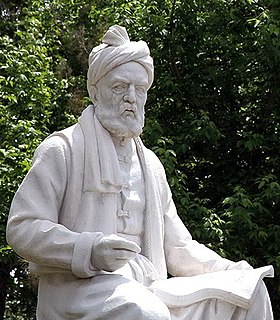A Quote by Jack London
The loneliness of the man is slowly being borne in upon me. There is not a man aboard but hates or fears him, nor is there a man whom he does not despise.
Related Quotes
A man is not merely a man but a man among men, in a world of men. Being good at being a man has more to do with a man’s ability to succeed with men and within groups of men than it does with a man’s relationship to any woman or any group of women. When someone tells a man to be a man, they are telling him to be more like other men, more like the majority of men, and ideally more like the men who other men hold in high regard.
For where there is true love, a man is neither out of measure lifted up by prosperity, nor cast down by mishap; whether you give or take away from him, so long as he keeps his beloved, he has a spring of inward peace. Thus, even though thy outward man grieve, or weep downright, that may well be borne, if only thy inner man remain at peace, perfectly content with the will of God.
For the white man to ask the black man if he hates him is just like the rapist asking the raped, or the wolf asking the sheep, 'Do you hate me?' The white man is in no moral position to accuse anyone else of hate! Why, when all of my ancestors are snake-bitten, and I'm snake-bitten, and I warn my children to avoid snakes, what does that snake sound like accusing me of hate-teaching?
We rightly scorn those who have no made use of their defects, who have not exploited their deficiencies, and have not been enriched by their losses, as we despise any man who does not suffer at being a man or simply at being. Hence no graver insult can be inflicted than to call someone 'happy', no greater flattery than to grant him a 'vein of melancholy'... This is because gaiety is link to no important action and because, except for the mad, no one laughs when he is alone.
Wine makes a man better pleased with himself. I do not say that it makes him more pleasing to others. Sometimes it does. But the danger is, that while a man grows better pleased with himself, he may be growing less pleasing to others. Wine gives a man nothing. It neither gives him knowledge nor wit; it only animates a man, and enables him to bring out what a dread of the company has presented.
Much has been said of the loneliness of wisdom, and how much the Truth seeker becomes a pilgrim wandering from star to star. To the ignorant, the wise man is lonely because he abides in distant heights of the mind. But the wise man himself does not feel lonely. Wisdom brings him nearer to life; closer to the heart of the world than the foolish man can ever be. Bookishness may lead to loneliness, and scholarship may end in a battle of beliefs, but the wise man gazing off into space sees not an emptiness, but a space full of life, truth, and law.







































